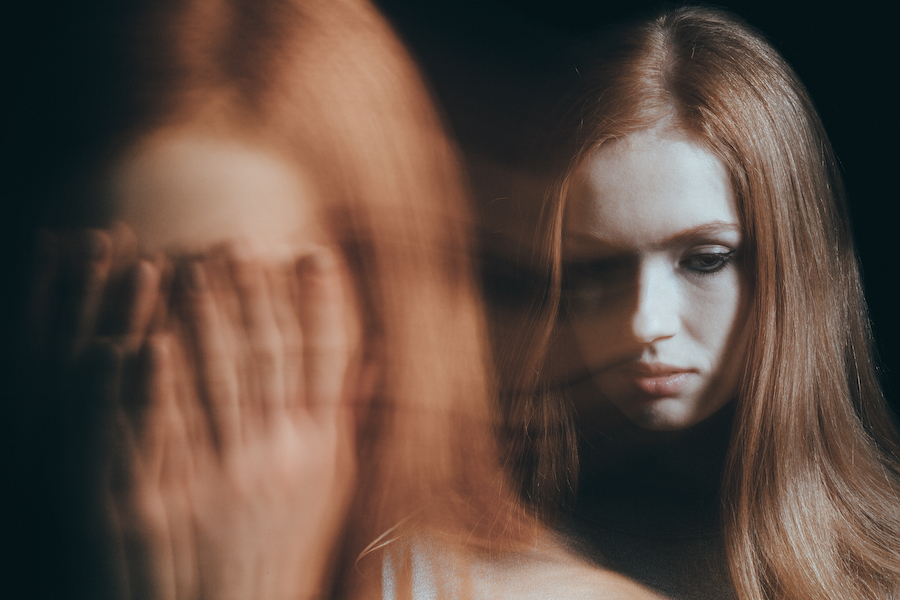This is a difficult and sensitive topic. But it is a discussion worth having—especially as the United States faces a mental health crisis.
Mental health is a wide-ranging topic that includes not only the healthcare system but the ailments themselves, be it depression, anxiety, obsessive-compulsive disorder, bipolar disorder, schizophrenia, or the slew of other illnesses that exist. Cannabis has been at both ends of the mental health treatment argument: on the one hand, evidence has shown that cannabis is a valid form of treatment for a plethora of the mental illnesses that many Americans face; on the other hand, there are those who disagree.
Where is the Truth?
This is a difficult answer because there are truths on both sides of the argument. This should come with little shock as mental health is a delicate topic. Everyone is unique, too. And herein lies the trouble in finding a straight solution to the cannabis-mental health debate. If cannabis works for one person with depression, why does it make depression worse for someone else and vice-versa? The fact remains that every individual suffers differently despite having perhaps the same diagnosis as someone else. What works to treat one person may not work for the next.
Studies vary on their findings in regard to cannabis and mental health. A recent study suggests that while cannabis may provide negligible improvements in some forms of mental illness, it may also make it worse or do nothing at all to better the patient. Higher incidents of adverse effects were noted when pharmaceutical THC was used on certain patients. The study did say that CBD wasn’t the focus and was not always included in the THC used in the study. The final results also state that more research needs to be done as the study didn’t confirm anything in a concrete manner, and further studies will help to clarify whether cannabis is a benefit or a bane to those who suffer from mental illness.
Cannabis has been used to treat those with PTSD, chronic pain, cancer, epilepsy, and even depression and anxiety—especially if CBD was the prime component. While all of these are not mental health issues, they all do take a toll on one’s mental state, and the benefits of cannabis versus the potential negatives are worthwhile to many medical cannabis patients.
Why You Should Get Your Medical Marijuana Card
Veriheal has satisfied millions of patients nationwide by giving them access to these benefits
- Larger purchase limits
- Peace of mind
- Enhanced legal protection
- Access to higher potency strains
- Save up to 25% on cannabis purchases
- Skip the line at the dispensary
A 2014 study found that CBD could lower anxiety and depression in certain individuals. The study also states that CBD is useful, safe, and far from being lethal in dosage when used in clinical settings (CBD is near-impossible to overdose on). Rats tested were not impaired in their cognitive functions. These findings appear in contrast to many pharmaceuticals that come with seemingly infinite lists of side effects, dangers, and drug interactions.
The Future of Cannabis and Mental Health
The takeaway from all of this is that the science is still out on cannabis and mental health.
Science shows that cannabis or its derivatives like CBD might improve the treatment of some mental illnesses while worsening others, like psychosis or schizophrenia. The keyword here is might because there is no definitive answer yet on cannabis and mental health. Time, more research, and more funding will be needed to get to the bottom of this most elusive of questions.
For now, if you’re considering using cannabis as an alternative treatment for a mental health issue, contact a doctor. Discuss in earnest what you desire from your treatment plan. You may be given the green light for cannabis; you may not. And that’s okay.
The point of getting better is to treat yourself in the best possible way that you can. If cannabis works, that’s amazing. If it doesn’t—if perhaps your chemistry just doesn’t click—that’s not a problem. Move on to the next option. And always be honest with yourself when it comes to your mental health. The mind is nothing to play with, and we only have one.
Author, Share & Comments
















